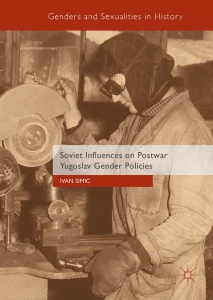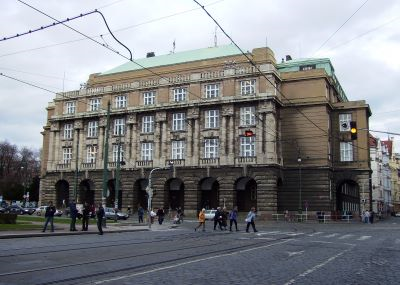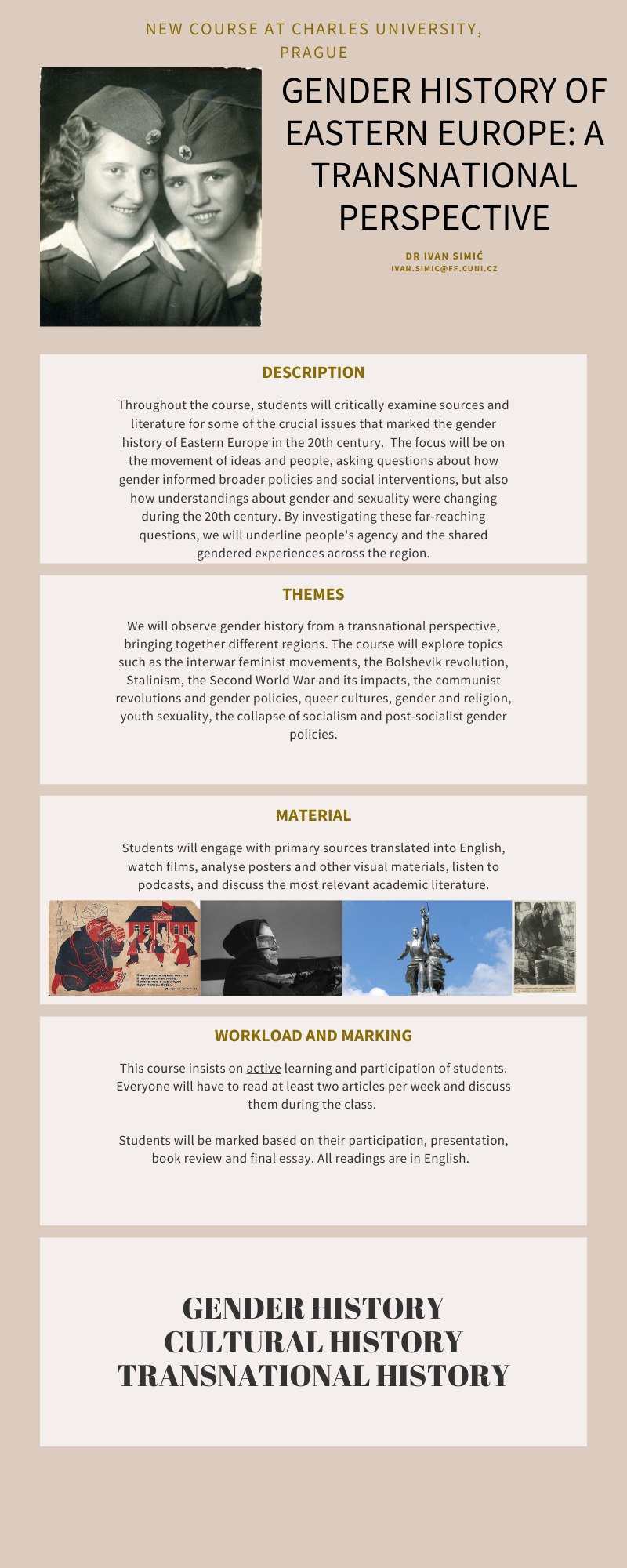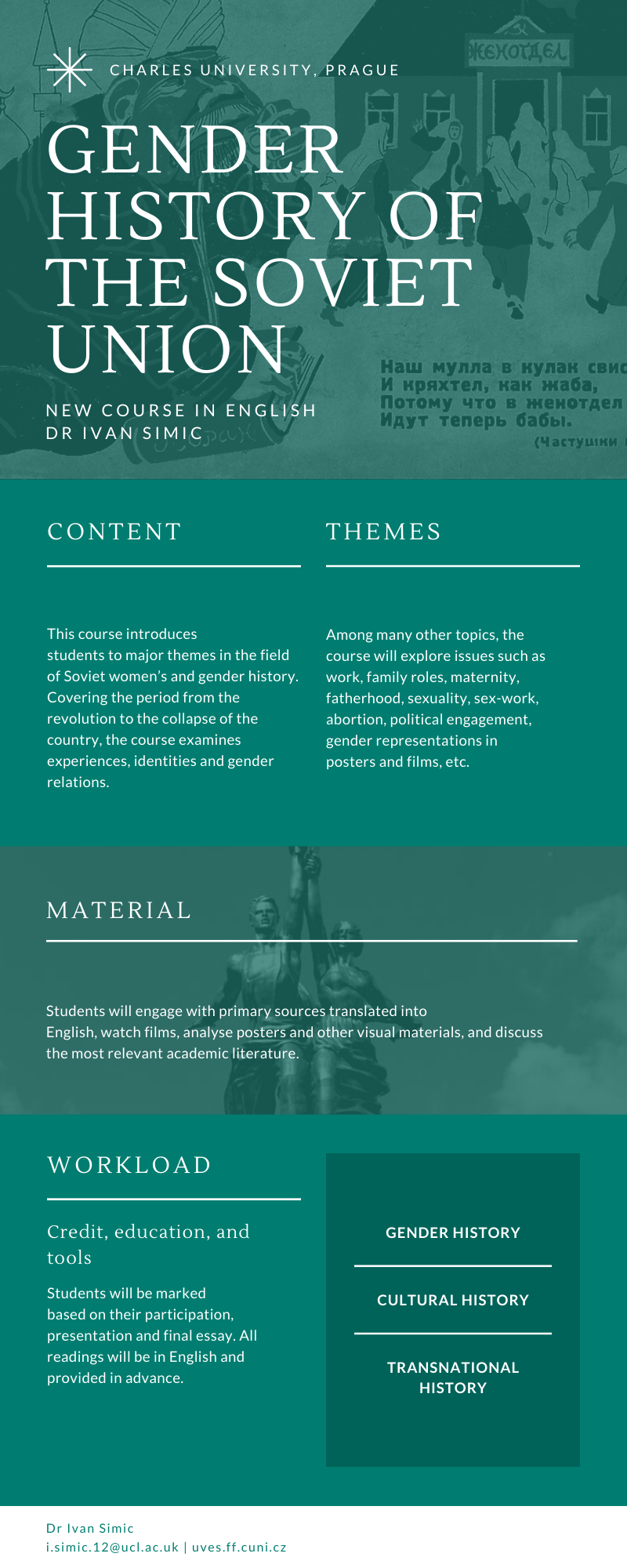Ivan Simic Biography

I am a lecturer at Charles University in Prague, where I teach numerous courses on gender history. I am also the principal investigator on a large project that explored communist gender policies towards Muslim minorities in Eastern Europe. This project was supported by a grant of 12 million CZK (~650k CAD), which enabled me to build a team of PhD students, postdocs, and research assistants. A forthcoming book based on this project will be published by the University of Toronto Press.
In addition to my role at Charles University, I am affiliated with the University of Alberta as an adjunct professor.
Before joining Charles University, I was a postdoctoral fellow at Carleton University in Canada, a research fellow at Yale University, and I have held fellowships at the University of Graz and the Center for Advanced Studies in Sofia. I worked as a research assistant at the University of Calgary in Canada and taught courses at Goldsmiths University of London and UCL, where I earned my PhD.
I have published a book on Soviet Influences on Postwar Yugoslav Gender Policies. It explores Soviet influences on Yugoslav gender policies, examining how Yugoslav communists interpreted, adapted, and used Soviet ideas to change Yugoslav society.
Soviet Influences on Postwar Yugoslav Gender Policies

My book explores Soviet influences on Yugoslav gender policies, examining how Yugoslav communists interpreted, adapted, and used Soviet ideas to change Yugoslav society. The book sheds new light on the role of Soviet models in producing Yugoslav family and reproductive laws and in framing the understandings of gender, which affected key policies such as the collectivisation of agriculture, labour policies, policies towards Muslim populations, and policies concerning youth sexuality.
Through a gender analysis of all these policies, this book points to the difficulties of applying Soviet solutions in Yugoslavia. Deeply entrenched patriarchal attitudes undermined Yugoslav communists’ ability to challenge gender norms, causing many disputes and struggles within the Communist Party over the meanings and application of Soviet gender models. Yet, Soviet models informed how Yugoslav communists approached gender-related issues for many years, even after the conflict erupted between these two countries.
My Courses
Career

Lecturer
Charles University, the Czech Republic

Senior Policy Analyst
Government of Alberta, Canada

Researcher & Policy Analyst
Canadian Teachers’ Federation, Canada

Postdoctoral Fellowship
Carleton University, Canada

Research Coordinator
The University of Calgary, Canada

Research Fellowship
Yale University, US

PhD in History
University College London, School of Slavonic and East European Studies, UK

MA in Modern Global History
The University of Bremen and Jacobs University Bremen, Germany

BA in History
The University of Belgrade, Serbia



